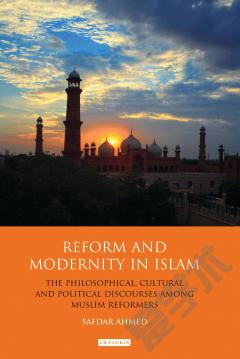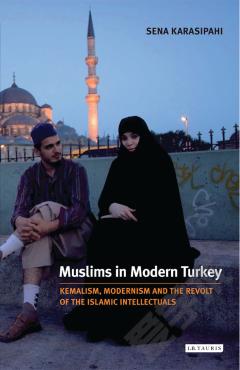Reform and Modernity in Islam
The debate over Islam and modernity tends to be approached from a Eurocentric perspective that presents Western norms as a template for progress - against which Islamic societies can be measurethe historical development of Muslim reformist thought that actively engages with the world around it and seeks to reconfigure Islam within the diverse conditions of modernity. Safdar Ahmed paints a complex and nuanced picture ththe idreformereproduced or reacted against Western ideas. Rather, Ahmed argues, they have reconstructed and appropriated these ideas, and so the thread of Western influence runs through modern Islamic thought on nationalism and sovereignty, femininity and gender. Ahmed uncovers new historiographical perspectives by critically examining the work of prominent intellectuals, such as Muhammad Abduh, Qasim Amin and Abdul A'la Maududi.
{{comment.content}}








 京公网安备 11010802027623号
京公网安备 11010802027623号